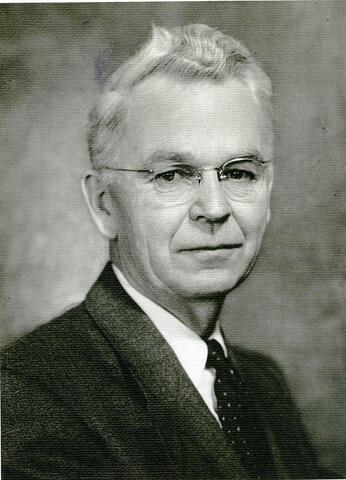
Zona do título e menção de responsabilidade
Título próprio
Dr. Jacob G. Rempel - Portrait
Designação geral do material
- Material gráfico
Título paralelo
Outra informação do título
Título e menções de responsabilidade
Notas ao título
Nível de descrição
Item
Entidade detentora
Código de referência
Zona de edição
Menção de edição
Menção de responsabilidade da edição
Zona de detalhes específicos de materiais
Menção da escala (cartográfica)
Menção da projecção (cartográfica)
Menção das coordenadas (cartográfico)
Menção da escala (arquitectura)
Autoridade emissora e denominação (filatélica)
Zona de datas de criação
Data(s)
-
nd. (Produção)
Zona de descrição física
Descrição física
1 photograph : b&w ; 20 x 26 cm
Zona dos editores das publicações
Título próprio do recurso continuado
Títulos paralelos das publicações do editor
Outra informação do título das publicações do editor
Menção de responsabilidade relativa ao editor do recurso contínuo
Numeração das publicações do editor
Nota sobre as publicações do editor
Zona da descrição do arquivo
Nome do produtor
História custodial
Âmbito e conteúdo
Head and shoulders image of Dr. Jake Rempel, Biology.
Bio/Historical Note: Having lost both parents and an older brother during the conflict and typhus that swept Mennonite colonies during the Russian Revolution in 1919, Dr. Jacob G. Rempel (b. 1903) and his brother David (b. 1899) emigrated to Canada, arriving in Rosthern, Saskatchewan, in July 1923. They spoke German, some Russian, but no English; and had the equivalent of $1.25 Canadian in funds. By 1928, however, Dr. Rempel had secured a three-year scholarship to the University of Saskatchewan, from which he graduated with the Governor General's Gold Medal and high honours in Biology in 1931. He joined the Biology department that year as an instructor and earned his MSc by 1933. He took a leave of absence in 1936 to attend Cornell University, earning his PhD in 1937. He remained with the U of S for the rest of his career, becoming a full professor by 1953 and being named Rawson Professor in 1962. Dr. Rempel retired in 1970. He made lasting contributions to science in several research areas, beginning his career with the study of the midge Chironomus hyperboreus in Prince Albert National Park. This led to work on chironomid (fish fly) taxonomy. Dr. Rempel then turned to biting flies: first to the ecology and control of blackflies, which adversely affected cattle populations; and then to mosquitoes, which were vectors of the virus causing the western equine sleeping sickness (encephalitis) which occurred as a pandemic in the late 1930s. Dr. Rempel closed off his distinguished research career with classic studies in insect embryology. He studied the development of the bertha army worm, two species of beetle, and the black widow spider. His last major contribution, The Evolution of the Insect Head: The Endless Dispute, was published a year before he died (1975). It clarified an issue that had elicited twelve different theories. Dr. Rempel contributed more than fifty publications. He won many honours. He was elected a Fellow of the Royal Society in 1956, and received the Centennial Medal in 1967 “in recognition of valuable service to the nation.” In 1971 he received the Gold Medal of the Entomological Society of Canada. Dr. Rempel was president of the Entomological Society of Saskatchewan and of the International Conference on Diseases of Nature Communicable to Man. He also served for ten years as associate editor of the Canadian Journal of Zoology, and for a similar period on the Advisory Panel on Entomology of the Defence Research Board of Canada. After his retirement, he moved to Victoria, but remained active in research until just before his death on 30 May 1976.
Zona das notas
Condição física
Fonte imediata de aquisição
Organização
Idioma do material
Script do material
Localização de originais
Disponibilidade de outros formatos
Restrições de acesso
Termos que regulam o uso, reprodução e publicação
Photographer: Unknown
Copyright holder: Unknown
Other terms: Responsibility regarding questions of copyright that may arise in the use of any images is assumed by the researcher.

